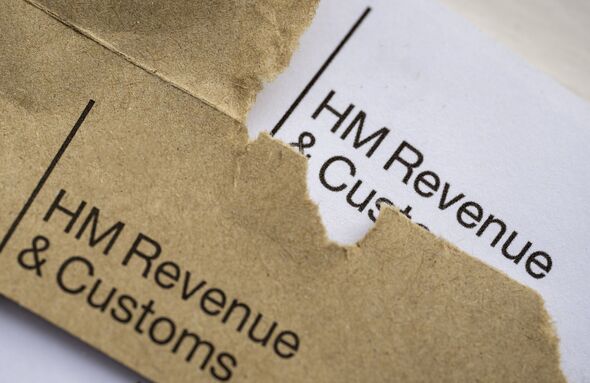Last updated:
 Why Trust Cryptonews
Why Trust Cryptonews

Russia introduced a draft amendment through the Ministry of Finance on Monday, proposing a 15% tax on crypto earnings as part of a broader move to regulate cryptocurrency mining and transactions.
The proposed changes, reported by Interfax, are set to reshape the taxation framework for crypto miners, impacting income, expenses, and related infrastructure.
New Russia Crypto Tax Framework
A key component of the new legislation is the proposed 15% personal income tax rate on cryptocurrency earnings, representing an important move toward formalizing the taxation of the sector.
Income from mined tokens will be taxed at market value upon receipt, with miners able to deduct operational expenses, ensuring a balanced tax calculation.
Under the proposed amendments, cryptocurrencies will be classified as property for tax purposes. Additionally, the new framework eliminates value-added tax (VAT) on crypto transactions.
Instead, income generated from these transactions will be taxed similarly to securities transactions.
The proposed rules also include obligations for operators of mining infrastructure.
These operators will be required to notify the tax authorities of individuals utilizing their facilities for mining, though specifics on what data needs to be disclosed are still unclear.
This move reflects Russia’s intention to enhance transparency and control over the crypto mining sector.
Unrealized Gains, Crypto Tax Implications, and Russia’s Digital Currency Shift
As Russia moves forward with regulatory measures, the Federal Tax Service (FNS) has proposed taxing crypto miners on unrealized gains, meaning miners could face taxes on coins they have yet to sell.
The FNS is finalizing plans for a two-stage tax system, which may complicate mining operations in the country.
On October 28, 2024, President Vladimir Putin signed a law transferring oversight of Russia’s crypto mining registry to the FNS.
Industrial miners will be required to register with the FNS, while home-based miners are exempt from registration as long as they stay within energy consumption limits.
In parallel, Russia’s banking sector is adjusting to the growing digital currency landscape.
On November 15, 2024, Sberbank, Russia’s banking giant, announced plans for a pilot program focusing on crypto-powered settlements.
This initiative is part of the country’s broader strategy, including the ongoing digital ruble pilot and discussions on stablecoin issuance.
Sberbank’s efforts signal Russia’s continued push to integrate digital currencies into the national financial infrastructure.
Crypto Mining Restrictions and Electricity Concerns
In addition to the tax amendments, Russia is tightening regulations on crypto mining due to electricity shortages.
Since November 1, only registered individual entrepreneurs and organizations are permitted to mine cryptocurrency.
Individuals without such status can mine Bitcoin but are restricted to a monthly consumption limit of 6,000 Kw/h.
Additionally, temporary mining bans in certain regions will take effect from December 1, 2024, until March 15, 2025, to mitigate the country’s electricity deficit.




















